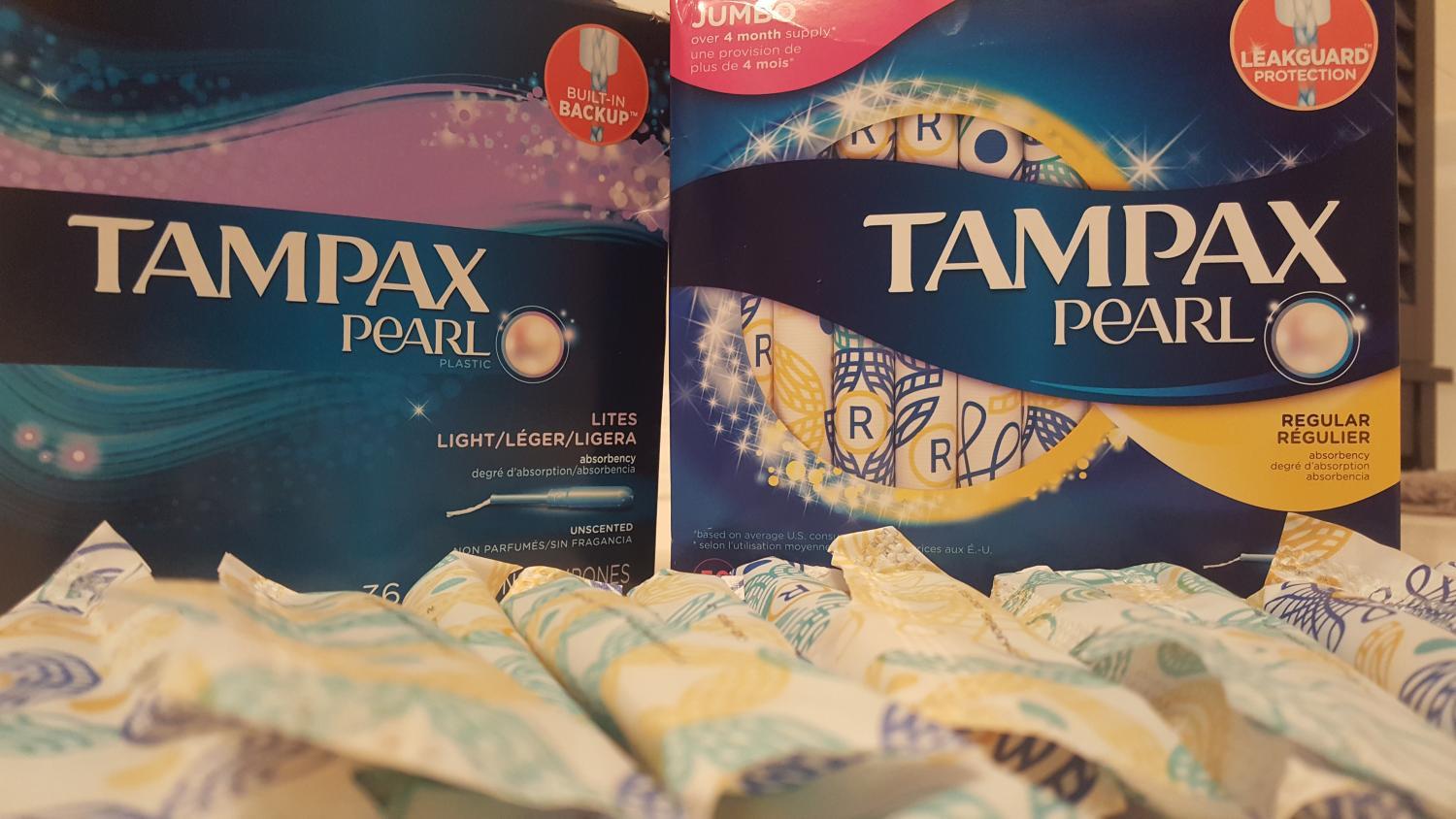
“It’s not fair. We didn’t ask for [menstrual cycles] to happen to us,” UNF senior Amanda Elliott said.
Florida has recently joined fourteen other states in the exemption of taxes on feminine products, after Governor Rick Scott signed the bill on May 25. It will cut taxes by $180 million dollars after it’s put into effect on January 1, 2018.
Every month for three to seven days women are visited by their periods. The menstrual cycle isn’t your nice, average visitor. They can bring headaches and pain that often forces you to take a pain reliever. It can make you irritable and cranky. Plus, it’s messy and may sometimes visit unexpectedly.
When the time of the month (TOM) comes, it can also be a bit costly to take care of. However, Governor Rick Scott cut taxes that will eliminate what is known as the “tampon tax” making taking care of TOM a bit less costly.
Currently, Florida has a six percent sales tax. However, there are several products that are exempt of this sales tax including medical products and supplies. Feminine products like tampons, sanitary napkins, panty liners and menstrual cups are not included in this sales tax exemption.
Director of UNF Women’s Center Sheila Spivey mentioned some potential reasons why the tax on feminine products was cut in the bill.
“If you look at it from a biological standpoint, you can consider those items to be medical expenses, so [it should] not be taxed,” Spivey said.
Spivey explained that since women have to buy these feminine products and earn less than men, the tampon tax is also an issue of women’s inequality.
According to the Florida Senate bill analysis and fiscal impact statement, opponents of the tampon tax “argue that the taxation of products used to absorb menstrual flow violates the Equal Protection Clauses of both the Florida and United States Constitutions.”
“It’s not right,” UNF junior Tony Woolbright said. “I personally think that it should be supplied by the government, but at least they shouldn’t be taxed. Women can’t go without it.”
There are currently fourteen states that do not tax feminine products. Of the fourteen states, five of the states (Alaska, Montana, New Hampshire, Delaware and Oregon) have no sales tax at all. The other nine states (Illinois, Maryland, Massachusetts, Pennsylvania, Minnesota, New Jersey, Connecticut, New York and the District of Columbia) passed a bill like Florida to get rid of the tampon tax.
“It is a necessity when you think about women and their menstrual cycles, and needing to buy specific products,” Spivey said.
The bill was signed on May 25; the state is expecting to lose $4.8 million during the first year, and $11.2 million recurring afterwards.
—
For more information or news tips, or if you see an error in this story or have any compliments or concerns, contact editor@unfspinnaker.com.











